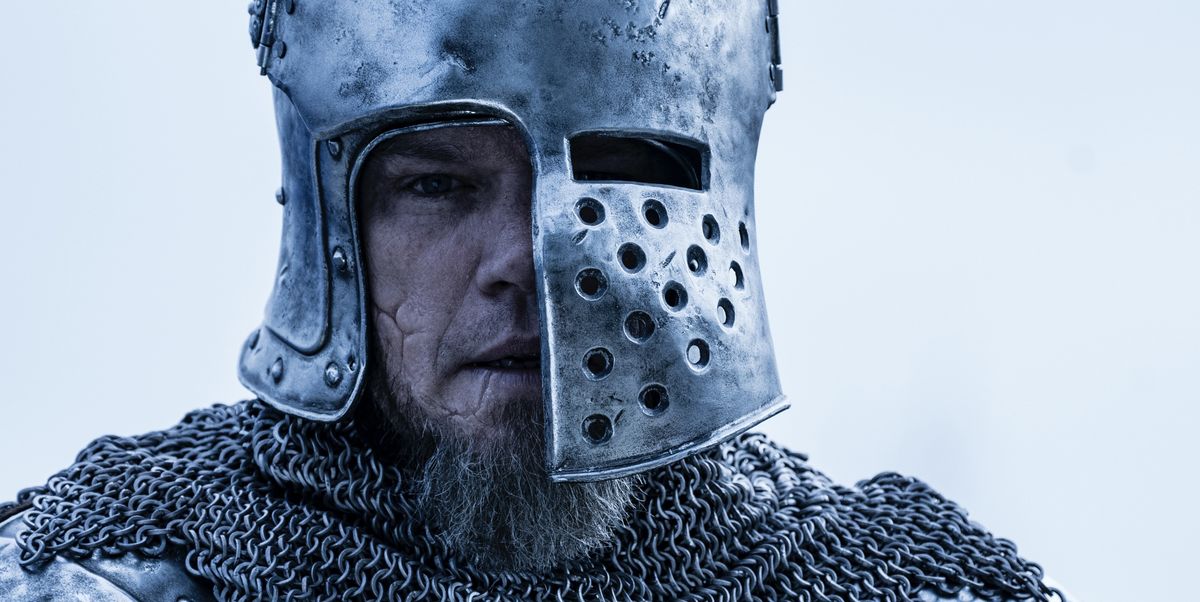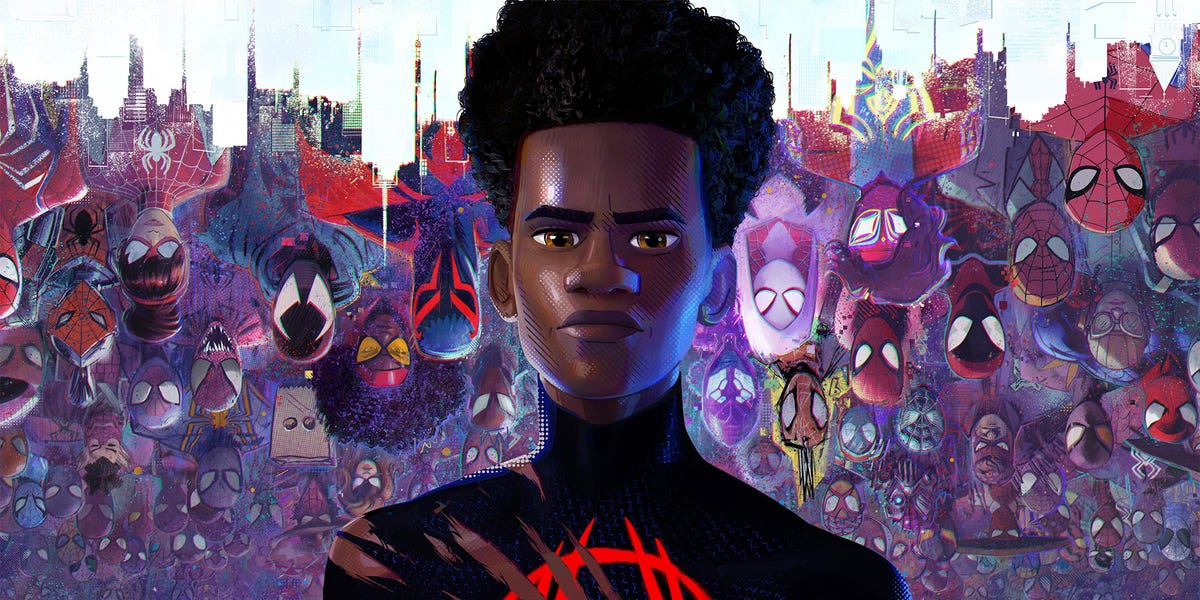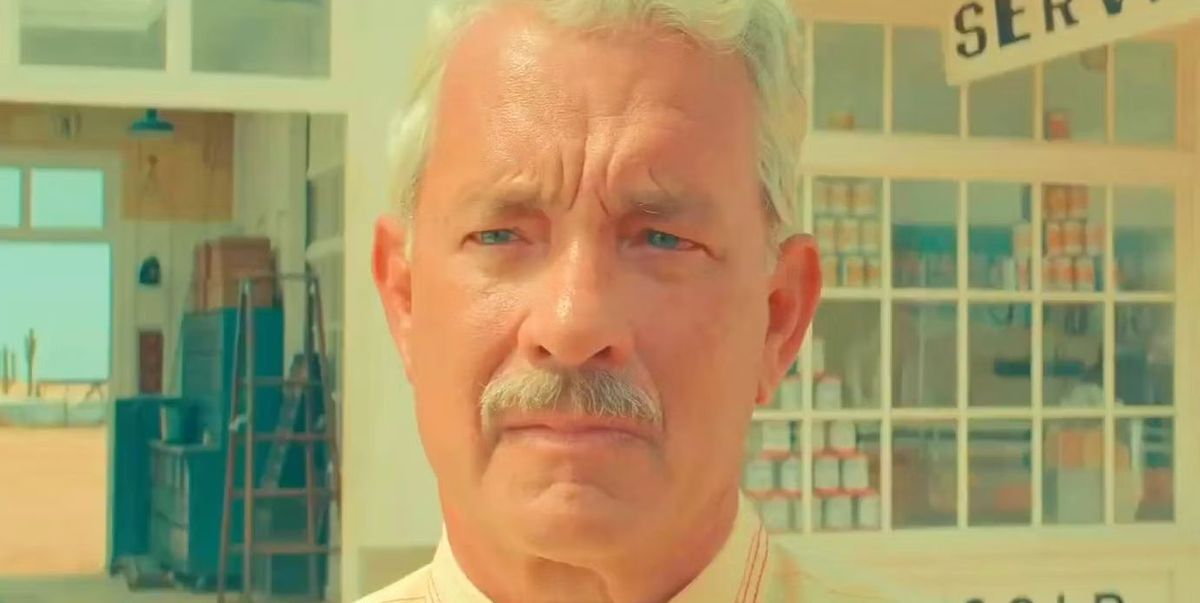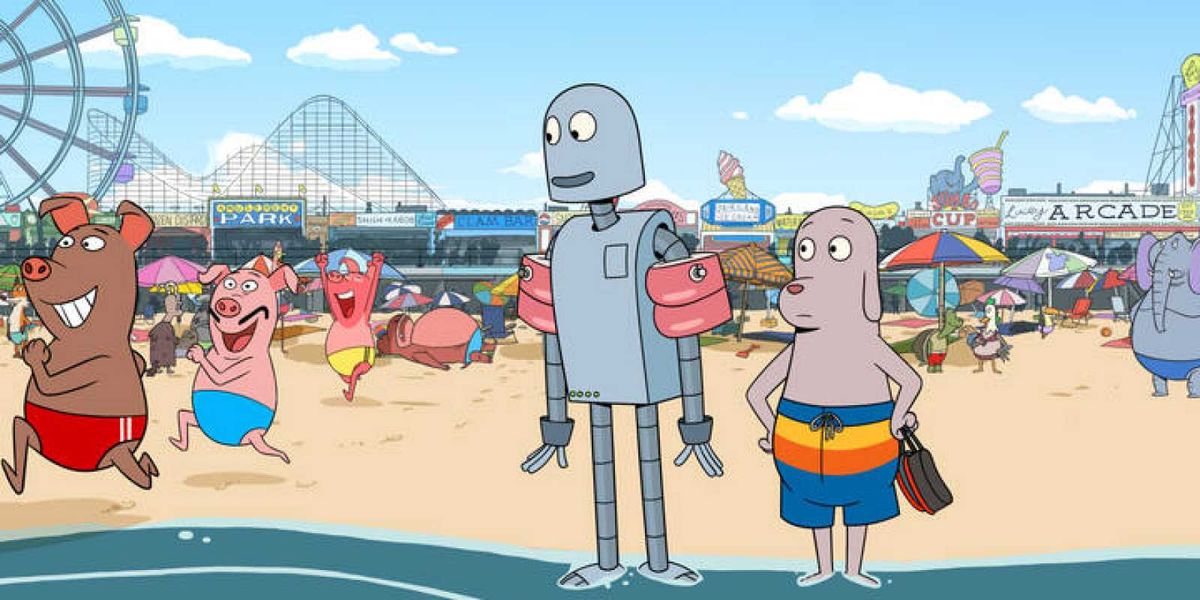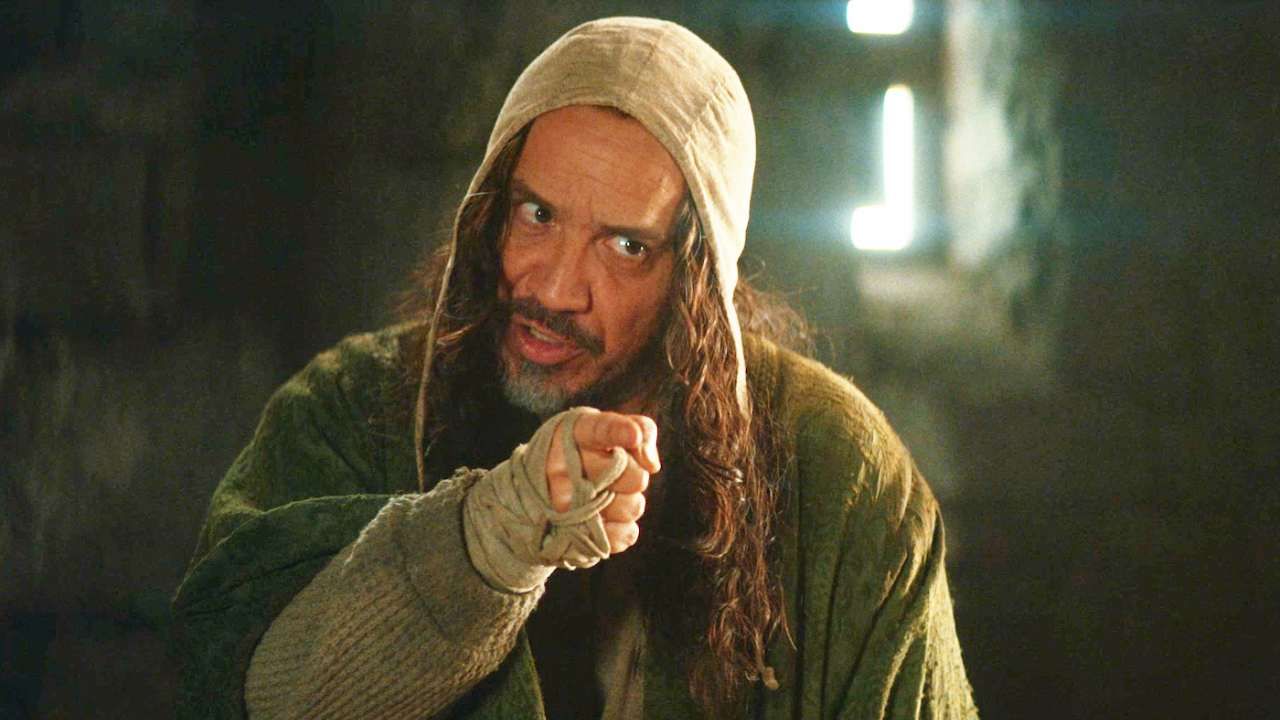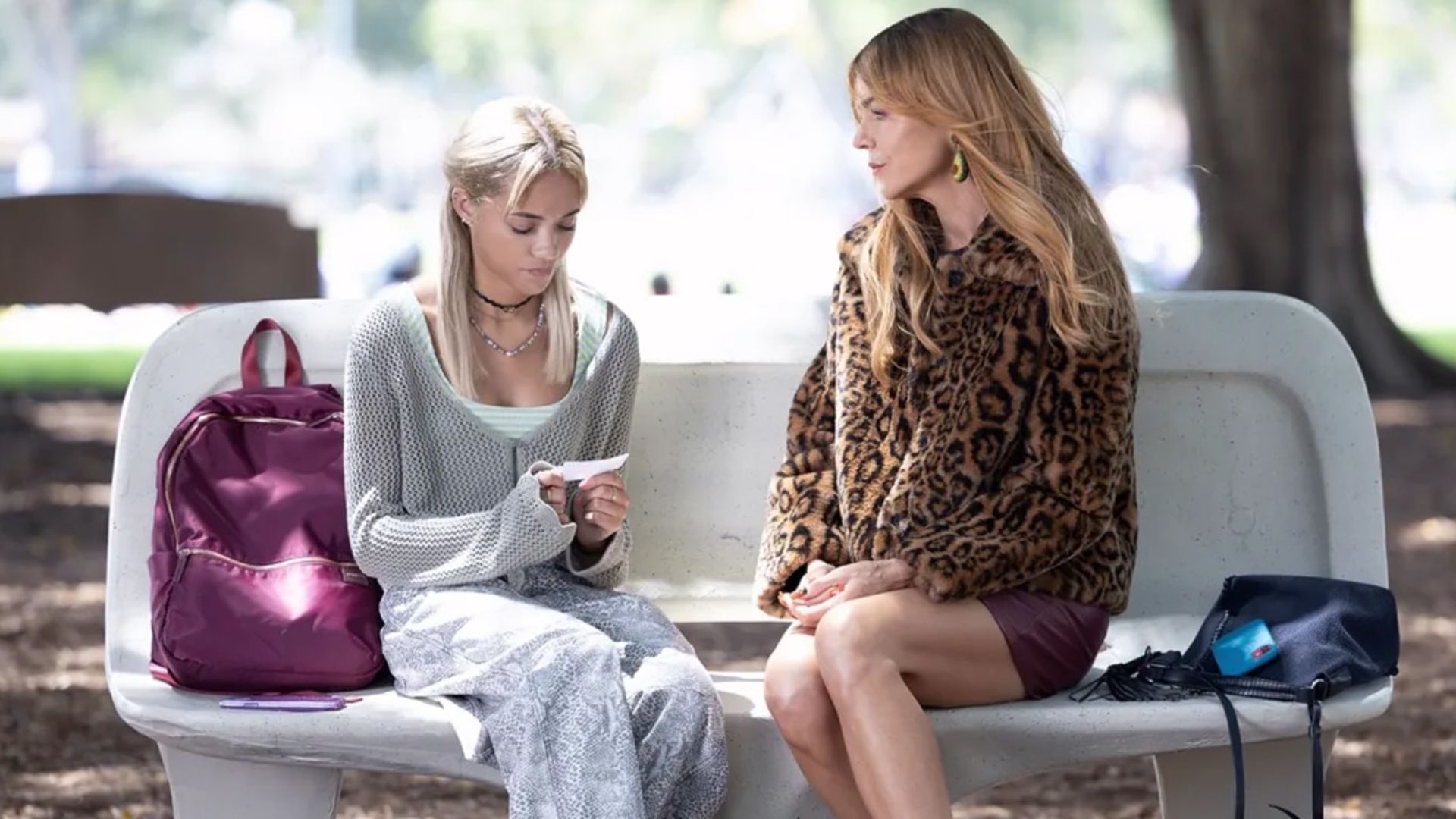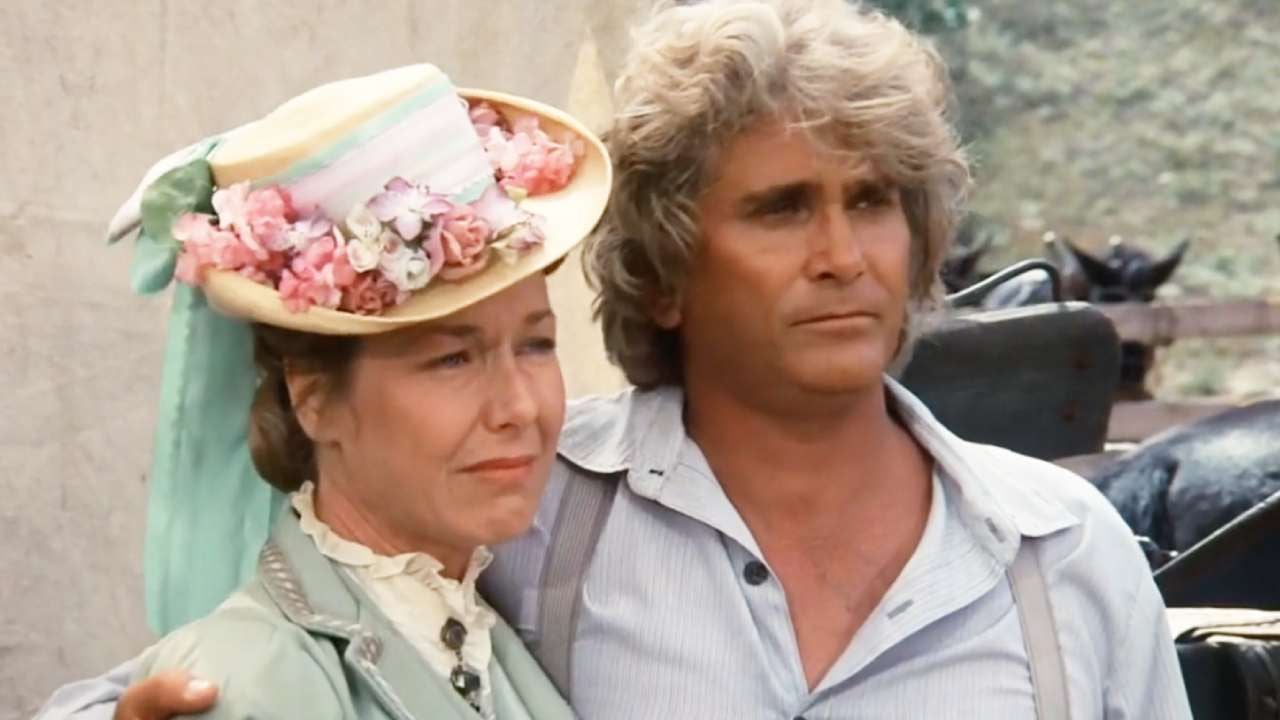With a script by Ben Affleck and Matt Damon (alongside Nicole Holofcener) and an all-star cast that includes Adam Driver, Ridley Scott returns to film a duel 45 years after ‘The Duelists’.
Ridley Scott’s career can be seen as one of the great conundrums of cinema in recent decades. How is it possible that the director of masterpieces like ‘Alien, the eighth passenger’ and ‘Blade Runner’ got lost, with the arrival of the 21st century, in a desperate and unsuccessful race to recover a glory that seemed lost? How to explain that a single filmmaker has been able to make notable works of an intimate nature (from ‘The Duelists’ to ‘American Gangster’) and outrageous examples of pure epic cinema (from ‘Gladiator’ to ‘Exodus: Gods and Kings’) ? Could it be that Scott’s “magic” lies in his ability, sometimes erratic, sometimes brilliant, to ride the waves and trends that mark the cinema of each era? If we look at the images and discourse of the magnificent ‘The Last Duel’ – a study of rape culture set in the Middle Ages – it would be tempting to think of Scott as a cunning filmmaker, capable of jumping on the booming feminist bandwagon. of #MeToo. However, there are several arguments that dismantle the reading of ‘The Last Duel’ as a simply opportunistic film.
To begin with, it should be remembered that the director of ‘Lieutenant O’Neil’, with the help of screenwriter Callie Khouri, already made a comment about rape culture in the seminal ‘Thelma & Louise’, where the attempted rape by Thelma (Geena Davis) at the hands of the character played by Timothy Carhart worked as the initial spring of the odyssey of the duo of women on the run. And not only that. The iconic 1991 film alluded to Louise’s (Susan Sarandon) attempts to erase from her memory a rape that took place years before, while the young hitchhiker played by Brad Pitt dishonestly used his powers of seduction to take advantage of the character of Thelma (Geena Davis). At that time, the appearance of Pitt was read in a purely sensationalist key, as an erotic incitement; but under the contemporary perspective, that sexual encounter has been interpreted, from feminism, as a sibylline form of abuse. In this sense, ‘The Last Duel’ should be seen as squaring the circle that ‘Thelma & Louise’ began to trace, in a prophetic way. Here are two films that, in addition to displaying undeniable cinematographic virtues, show that it is possible to place the drama and courage of the feminist struggle at the heart of Hollywood (and, therefore, in the collective imagination).
There will be those who may be suspicious of a film that raises the flag of feminism but is directed, written and starred by a majority of men (it should be noted that Nicole Holofcener accompanies Matt Damon and Ben Affleck on the list of screenwriters). In fact, in In the past, this critic has tended to think that the best thing that men sympathetic to the feminist cause could do was to assume a secondary role in the conquest for women’s equality: a silent male martyrdom that could open spaces for new female voices. . However, the 2021 Venice Film Festival, from which I am writing, has shown me that there is a place for male voices in the feminist contest. There is evidence of this in an irregular work like Pablo Larraín’s ‘Spencer’, as well as in larger works like Edgar Wright’s ‘Last Night in Soho’ and now Scott’s ‘The Last Duel’. The gender issue happily sets the tone on all fronts of world cinematography and, when this ideological contest is coupled with the resurgence of a somewhat lost filmmaker like Scott, the reasons for celebration multiply.
In ‘The Last Duel’, Scott’s commitment to the human dimension of the story is manifested in a frontal renunciation of the grandiloquent epic that is doing so much damage to Hollywood entertainment cinema. Reducing the use of digital paraphernalia to a minimum, filming war battles and fratricidal duels with the camera at the level of the characters, putting the physical component and dialogue of the scenes above the scenic fuss, Scott builds a classic adventure movie that makes the most of the game of perspectives that canonized the great ‘Rashōmon’ by Akira Kurosawa. There are three characters that immerse us in the story based on real events of ‘The last duel’, a story dominated by unleashed male egos. Matt Damon passionately portrays Jean de Carrouges, a 14th-century French knight who parades his fidelity to the king, his supine ignorance and his attachment to the idea of honor on the battlefields. The always in tune and swirling Adam Driver is Jacques LeGris, an unusually cultured warrior who moves with cunning in the upper echelons of power and who practices debauchery with a wild hedonism (if something is disturbing in the ideological proposal of ‘The Last Duel’ is his apparent defense of Puritanism as a lifeline for the feminist cause). The third vertex of the story is occupied by Jodie Comer (the Villanelle of ‘Killing Eve’) as Marguerite de Carrouges, who stoically assumes her status as a bargaining chip in the medieval games of thrones, but who later becomes the Gordian knot of an act of sexual violence that Scott’s camera captures with shocking neatness and harshness.
‘The last duel’ should be celebrated for the way in which it places the transcendental respect for “no means no” at the forefront of culture, as well as the ineffectiveness of a judicial system that (in 14th-century France, as today) harasses victims of sexual assault in a way that is almost more lacerating than those responsible. In fact, it is surprising that the film dares to address, in detail, the way in which the female orgasm has been vampirized by heteropatriarchal interests. Beyond the gender issue, you also have to admire the way in which, especially in the first third of the film, Scott and his writing team dissect a world dominated by economic and financial interests with a scalpel. Displacing the affections, complicities and feelings of the characters to the bottom of the story, the film outlines a reality ruled by loans, inheritances, debts and dowries. In addition, the “knights” fight for the king to solve his financial deficits; they are mercenaries disguised as crusaders. It is through the dialectic between the hypertrophy of the ego and the impossibility of honor that Scott fortunately connects the speeches of his last and first film: ‘The Last Duel’ and ‘The Duelists’. A sort of return to the origins that brings us back to a Scott committed to exploring deep truths of human nature, questions that resonate in a present in fortunate transformation.
To discover that there is something more than epic in historical cinema.
The best: the effectiveness of the game of crossed perspectives that gives meaning to the story.
The worst: the film takes time to gain a pulse on a formal/visual level.
DATA SHEET
Address: Ridley Scott Distribution: Matt Damon, Adam Driver, Jodie Comer, Ben Affleck Original title: The Last Duel Country: USA Year: 2021 Release date: 29–10-2021 Gender: Drama Script: Ben Affleck, Matt Damon, Nicole Holofcener Duration: 152 minutes
Synopsis: Two French gentlemen and close friends challenge each other to a duel to the death when the wife of one accuses the other of having raped her. The truth will hurt more than swords.
Source: Fotogramas
Camila Luna is a writer at Gossipify, where she covers the latest movies and television series. With a passion for all things entertainment, Camila brings her unique perspective to her writing and offers readers an inside look at the industry. Camila is a graduate from the University of California, Los Angeles (UCLA) with a degree in English and is also a avid movie watcher.

